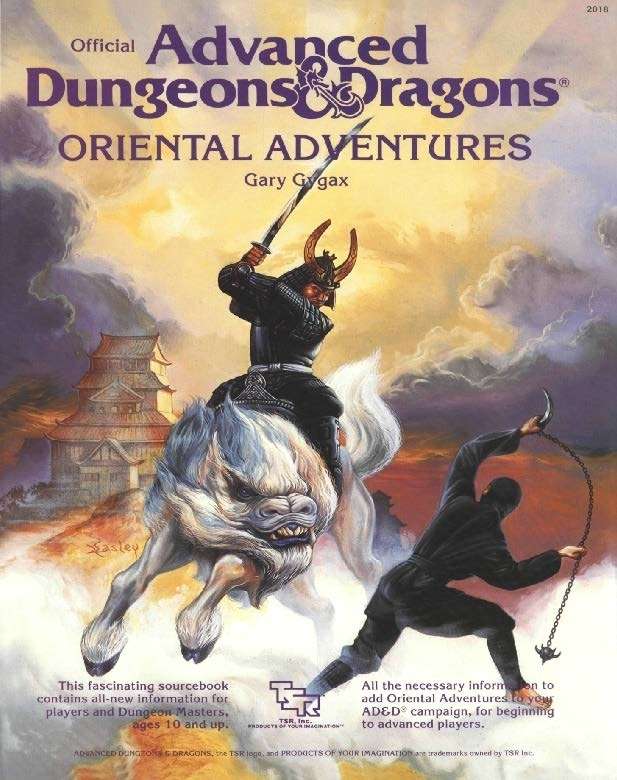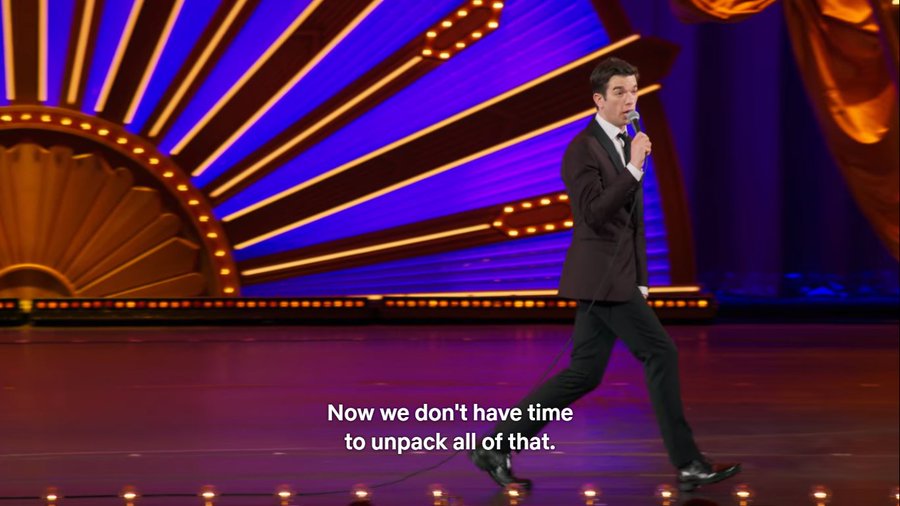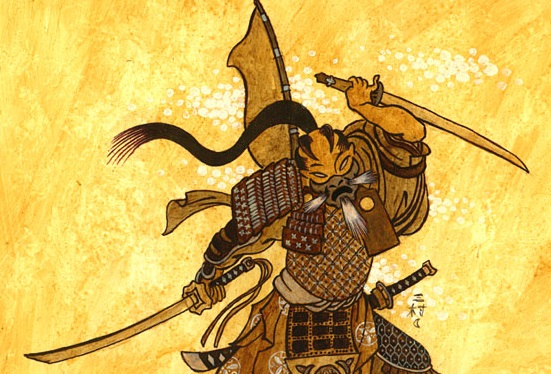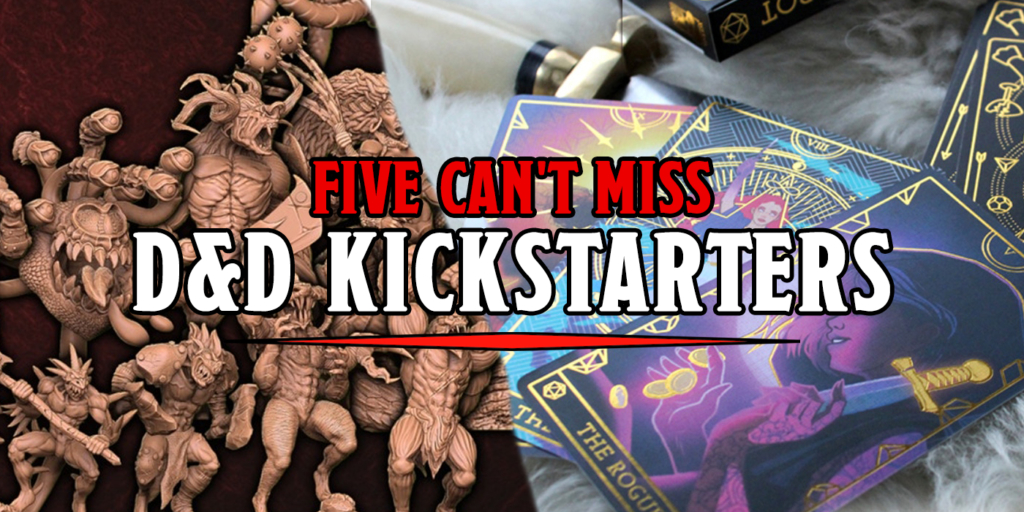D&D: Asians Represent! Takes On Oriental Adventures
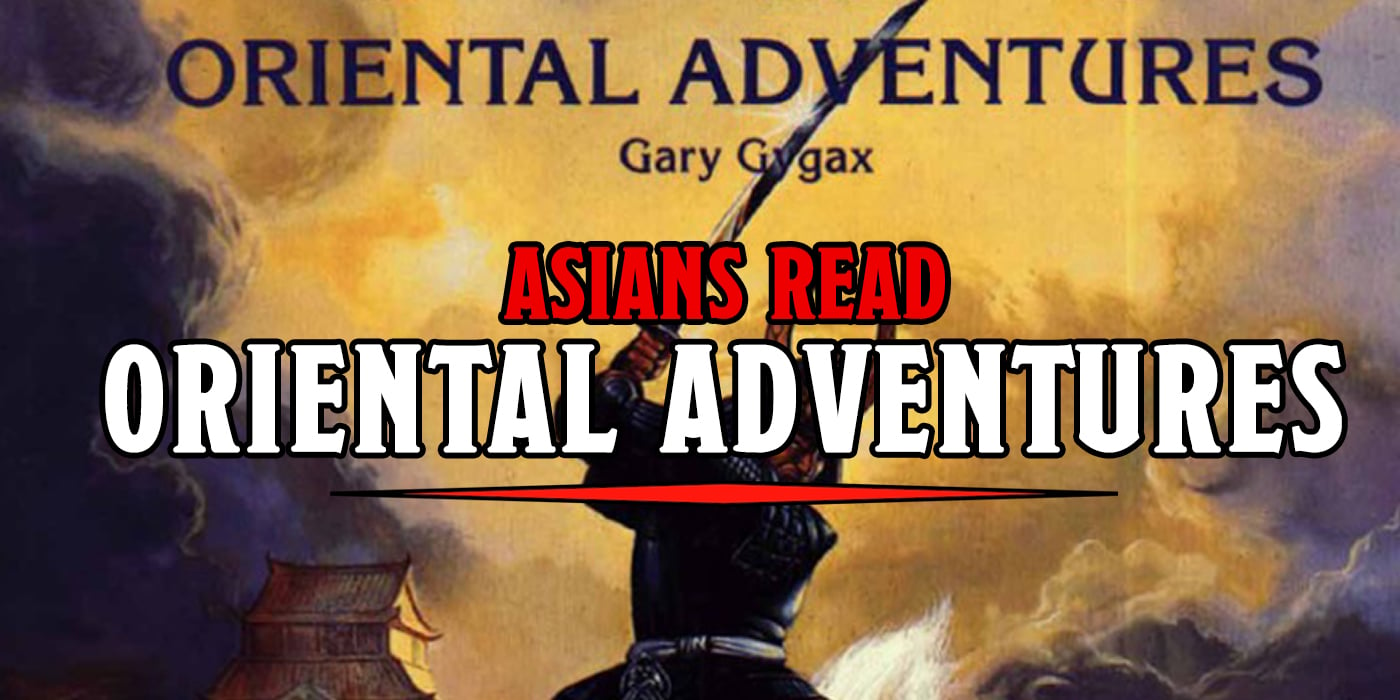

When an all-Asian podcast takes on both Oriental Adventures, the result is amazing. Come see everything great and terrible about these books.
D&D is a game with more than a few skeletons in its closet. In some cases, they’re literal skeletons, but in other cases, they’re a lot more metaphorical. Take Oriental Adventures, a book that they published twice in the course of D&D’s history. Just look at the title and you can start to hear the various cries of “oh this was from another time” and “you could never get away with that today.” You have to remember, though, that the third edition book was published in 2001, which was about twenty years ago, sure, and we’ll all wither away into dust as we come to that realization. But either way you slice it, it’s still cultural appropriation–and that’s the best case scenario. So, you know, there’s a whole lot worse ahead.
Recently, Asians Represent–a podcast focusing on unfiltered conversations that celebrate the contributions of Asian creators to analogue gaming–sat down to read through both of these books to offer up their own perspectives and critiques of the books, to examine some of the skeletons in D&D’s closet. Because without stepping back and examining “the dregs” of D&D’s past, we’ll never move away from them.
The result is a fascinating stream that takes a look at what the books is trying to do, where they go awry, and where they veer into offensive territory. And there’s a lot to unpack, which they acknowledge at the start of the stream.
And indeed, in the first stream, they don’t even make it past page 10, because there’s so much to critique–both positive and negative–but this is an ongoing series they’re doing. It’s a great way to educate yourself about the subtler blend of racism that underscores the book, and which probably underscores your own way of thinking. We can all easily identify things that are cartoonishly racist–you see the title ‘Oriental Adventures’ and you know that’s not okay. But it’s the subtler stuff that we, collectively, have to work to identify and own up to.
With very few exceptions, we all generally understand that racism is bad. The more easily identifiable it is, the easier it is to say ‘well I definitely don’t do that so I’m okay.’ The thinking goes something like racism is bad, I’m a good person, therefore I’m not racist. And again, I’m sure that most of us aren’t getting up, excitedly looking forward to ways to be offensive–the vast majority of you aren’t setting out to be prejudiced. But the problem is that this kind of prejudice is such a systemic issue, that it bubbles up in ways we might not be aware of. I’m definitely guilty of that.
Take the Comeliness score, which wasn’t present in D&D until Oriental Adventures, which has a lot of weight (and is one of the few scores that can go above 18) to things like first impressions, social grace, and so on. That ties in to themes of “the Orient” being all about grace and beauty and full of exotic wonders.
That same thinking is even rules that are active today. If you look in the DMG, you’ll find rules for an honor system that specifically calls out Asian cultures:
If your campaign involves cultures where a rigid code of honor is part of daily life, consider using the Honor score as a means of measuring a character’s devotion to that code. This ability fits well in a setting inspired by Asian cultures, such as Kara-Tur in the Forgotten Realms.
It’s one of those rules that you might not give a second glance to, until you realize that stereotype is straight out of an Orientalist’s playbook. The concept gets cooked into the game and we think ‘oh yes, obviously Asians, very honorable’ and it’s been there for editions. That’s the kind of thing that Daniel Kwan and DM Steve are highlighting.
They’re doing a lot of very good work for a lot of people right now. And it’s free. You might look at the way they break down the framework of Asian-inspired classes, like the Sohei, pointing out why they lean too much on the idea of “Eastern mysticism” — they’re helping to unpack Orientalism, which you can read further into here.
And it’s important, because without knowing where the pitfalls of prejudice already exist, we cannot move forward. In critiquing this, they’re helping set the stage so that folks can begin to get it right.
Check out Asians Represent!
Get started with Dungeons and Da’ Asians
Happy Adventuring!

